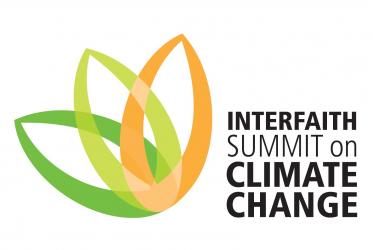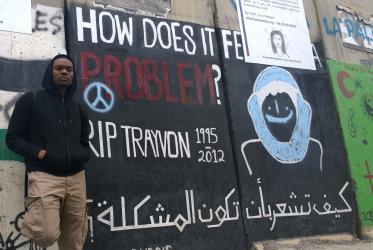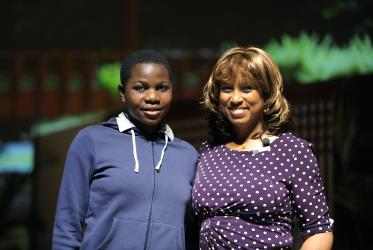Displaying 161 - 177 of 177
15 September 2014
Dialogue on HIV, sexual reproductive health and rights
12 March 2014
Use of armed drones condemned by WCC
13 February 2014
Issues of justice in focus at WCC Busan assembly
06 November 2013
WCC general secretary: military actions cannot bring peace in Syria
04 September 2013
WCC expresses condolences at death of Brother Jeffrey Gros
13 August 2013
Churches engage in development dialogue on Africa
06 March 2013





